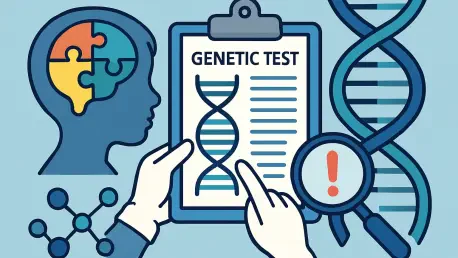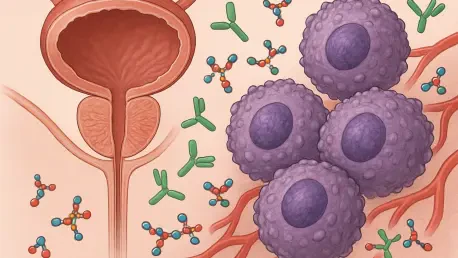
Every year, millions of lives are cut short or forever altered by heart attacks and strokes, which stand as the leading causes of death across the globe, often striking with little to no warning, leaving families grappling with loss and survivors facing long, challenging recoveries. However,

Every year, hundreds of children are diagnosed with medulloblastoma, a highly aggressive brain tumor that ranks as one of the most common malignant brain cancers in pediatric patients, leaving families grappling with not only the fear of survival but also the long-term consequences of harsh

What happens when a disease, hidden in plain sight, claims over a million lives each year, yet remains stubbornly resistant to modern medicine? Tuberculosis (TB), caused by Mycobacterium tuberculosis , stands as one of humanity's oldest and deadliest foes, striking hardest in vulnerable communities

Autism Spectrum Disorder (ASD) has traditionally been understood as a condition manifesting in early childhood, yet a pioneering study from the University of Cambridge is turning this perspective on its head with revelations about the genetic and developmental differences tied to the timing of

Imagine a future where detecting cancer at its earliest stage is as straightforward as swallowing a pill and analyzing a urine sample in the privacy of one’s home, without the need for intimidating hospital visits or invasive procedures. This transformative vision is taking shape through a

In a significant leap forward for prostate cancer research, a recent study published in Nature Genetics on November 5 has spotlighted PTGES3 (Prostaglandin E Synthase 3) as a pivotal regulator of the androgen receptor (AR), a protein deeply implicated in the disease’s progression. Conducted by